Education in Africa: Challenges and Recent Advances
Education plays a pivotal role in shaping the future of any nation, serving as a cornerstone for social, economic, and technological development. In Africa, however, education continues to face significant challenges, ranging from limited resources and infrastructure to economic inequalities, political instability, and cultural barriers. Despite these hurdles, there has been notable progress in recent years, with governments, non-governmental organizations (NGOs), and international bodies working tirelessly to improve access to quality education across the continent.
Africa is home to a diverse array of educational systems and policies, reflecting the unique socio-economic conditions of each country. While some nations have made remarkable strides in literacy rates and school enrollment, others continue to grapple with fundamental issues like teacher shortages, overcrowded classrooms, and outdated curricula. Nevertheless, the commitment to improving education in Africa remains steadfast, with various initiatives aimed at bridging the gap between rural and urban communities, increasing access to digital learning, and addressing gender disparities.
This post explores the key challenges facing education in Africa today, as well as recent advances and innovative solutions that are helping to overcome these obstacles.
Major Challenges in African Education
Access to Education
One of the most pressing challenges in African education is ensuring equitable access to schooling for all children, regardless of their geographic location or socio-economic background. While school enrollment has increased in many African countries over the past few decades, significant disparities remain between rural and urban areas, as well as between wealthier and poorer households.
In many rural communities, schools are located far from students’ homes, making it difficult for children to attend regularly. This issue is compounded by a lack of reliable transportation and unsafe travel routes, particularly for girls who face additional risks such as gender-based violence. The situation is often exacerbated in conflict-affected regions, where schools may be destroyed or rendered unsafe due to political instability.
Moreover, the cost of education, including tuition fees, uniforms, and school supplies, remains a barrier for many families. Although some African governments have introduced free primary education policies, hidden costs and fees continue to limit access for the poorest families.
Quality of Education
Beyond access, the quality of education provided in African schools is another significant challenge. Overcrowded classrooms, inadequate teaching materials, and insufficient teacher training often result in subpar learning outcomes. In many countries, the student-to-teacher ratio is alarmingly high, with a single teacher responsible for teaching up to 100 students in some cases. This makes individualized attention and effective instruction nearly impossible.
Additionally, the curricula in many African countries are outdated and not aligned with the skills needed in today’s globalized economy. There is often a disconnect between what is taught in schools and the practical skills that students need to succeed in the workforce. Many African education systems also place a strong emphasis on rote learning and memorization, rather than critical thinking, creativity, and problem-solving skills.
Teacher Shortages and Training
The shortage of qualified teachers is a critical issue across the continent. Many African countries face severe shortages of trained teachers, particularly in rural and underserved areas. This shortage is further compounded by low teacher salaries, poor working conditions, and limited opportunities for professional development, which make the teaching profession less attractive to potential candidates.
Even when teachers are available, they may not have the necessary training to deliver quality education. Teacher training programs in many African countries are often outdated or insufficient, leaving educators ill-equipped to handle diverse classrooms or incorporate modern teaching methods. This lack of adequate teacher preparation directly impacts students’ learning outcomes and overall educational experiences.
Infrastructure and Resources
The state of school infrastructure in many African countries is often poor, with dilapidated buildings, insufficient classrooms, and a lack of basic facilities such as clean water, sanitation, and electricity. Many schools, particularly in rural areas, operate in temporary or makeshift structures that are vulnerable to extreme weather conditions. The absence of essential resources like textbooks, computers, and science equipment further hampers students’ learning experiences.
Additionally, the lack of digital infrastructure and access to technology in many African schools has made it difficult for students to keep up with the growing trend toward digital learning. In an increasingly digital world, this lack of access puts African students at a disadvantage compared to their peers in other regions.
Gender Inequality in Education
While progress has been made in closing the gender gap in education, girls in Africa still face significant barriers to accessing education. Early marriage, teenage pregnancy, gender-based violence, and cultural norms that prioritize boys’ education over girls’ are some of the factors that contribute to the higher dropout rates among girls.
In many African societies, girls are often expected to contribute to household chores or care for younger siblings, which limits their time for schooling. Furthermore, in regions affected by conflict or poverty, families may prioritize sending their sons to school, leaving girls with fewer opportunities for education.
Recent Advances and Innovations in African Education
Despite these challenges, there have been several noteworthy advances in education across Africa. From policy reforms to innovative programs, the continent is making strides toward improving both access to and the quality of education.
The Growth of Digital and Online Learning
One of the most significant developments in African education in recent years has been the expansion of digital and online learning platforms. While the digital divide remains a major challenge, efforts are being made to increase access to technology and online resources, particularly in urban areas.
Countries like Kenya, Nigeria, and South Africa have seen a growing number of initiatives aimed at integrating technology into education. For example, in Kenya, the Digital Literacy Programme has distributed laptops and tablets to primary school students, while in South Africa, the government has introduced e-learning platforms to supplement traditional classroom instruction.
In addition to government-led initiatives, private organizations and NGOs have been instrumental in providing digital learning solutions. Platforms such as Eneza Education in Kenya, which offers interactive mobile-based learning content, and Siyavula in South Africa, which provides free online textbooks and resources, have made education more accessible to students in underserved areas.
Investment in Early Childhood Education
Research has shown that early childhood education is critical for a child’s cognitive and social development, yet it remains underdeveloped in many parts of Africa. However, recent years have seen a growing recognition of the importance of investing in early childhood education (ECE), with several African governments committing to expanding access to pre-primary education.
Countries like Ghana and Rwanda have introduced policies aimed at universalizing access to ECE, while organizations like the World Bank and UNICEF have supported initiatives to improve the quality of early childhood programs across the continent. These efforts are aimed at ensuring that children receive a strong educational foundation, setting them up for success in later stages of their academic journey.
Expanding Vocational and Technical Education
To address the disconnect between education and the job market, many African countries are investing in vocational and technical education. These programs provide students with practical skills that are directly applicable to various industries, such as construction, agriculture, and technology.
For example, in Ethiopia, the government has prioritized technical and vocational education and training (TVET) programs to equip young people with the skills needed for employment. Similarly, in Morocco, the Ministry of Education has launched initiatives to integrate vocational training into the secondary education system, helping to bridge the gap between school and the labor market.
By focusing on vocational education, African countries are not only addressing the high levels of youth unemployment but also fostering economic development by creating a skilled workforce capable of driving innovation and growth.
Addressing Gender Disparities
Efforts to improve gender equality in education have gained momentum across the continent, with various initiatives aimed at empowering girls and breaking down the barriers that prevent them from accessing schooling. Governments, NGOs, and international organizations are working to promote girls’ education through scholarships, mentorship programs, and community awareness campaigns.
For instance, the African Union’s campaign to end child marriage has been instrumental in raising awareness of the impact of early marriage on girls’ education. Additionally, programs like CAMFED (Campaign for Female Education) provide financial and social support to girls in rural Africa, helping them to stay in school and pursue higher education.
The Role of International Partnerships
International partnerships and collaborations play a crucial role in advancing education in Africa. Organizations such as the United Nations Educational, Scientific and Cultural Organization (UNESCO), the World Bank, and the Global Partnership for Education (GPE) have been instrumental in providing funding, resources, and expertise to African governments.
For example, the GPE has supported education initiatives in more than 30 African countries, focusing on improving access to education for marginalized groups, strengthening education systems, and promoting gender equality. Similarly, UNESCO’s Global Education Coalition has worked to provide digital learning solutions to students affected by school closures during the COVID-19 pandemic.
In addition to international organizations, bilateral partnerships between African countries and nations like China, the United States, and European countries have facilitated the sharing of knowledge, technology, and financial support for education initiatives.
Looking Ahead: The Future of Education in Africa
While significant progress has been made, much work remains to be done to ensure that every child in Africa has access to quality education. The challenges are complex and multifaceted, but the commitment to improving education on the continent is unwavering.
Looking ahead, key areas of focus will include increasing investment in teacher training and professional development, expanding access to digital learning, improving infrastructure, and addressing the unique challenges faced by girls and children in conflict-affected regions. Moreover, continued collaboration between African governments, international organizations, and the private sector will be essential in driving further advances in education.
In conclusion, while education in Africa faces numerous challenges, recent advances and innovations offer hope for a brighter future. By building on these successes and continuing to invest in the education of future generations, Africa can unlock its full potential and pave the way for sustainable development and prosperity.
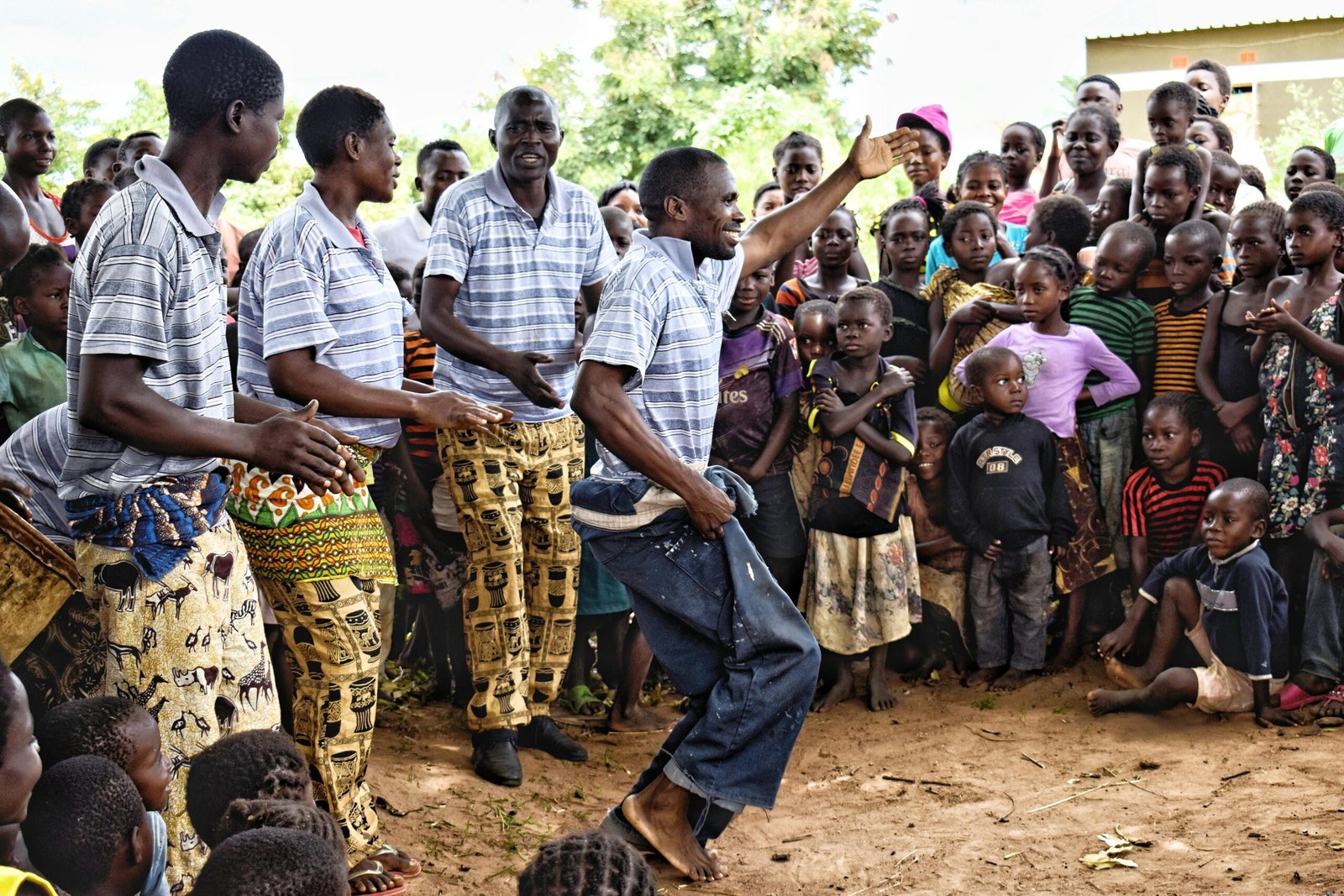


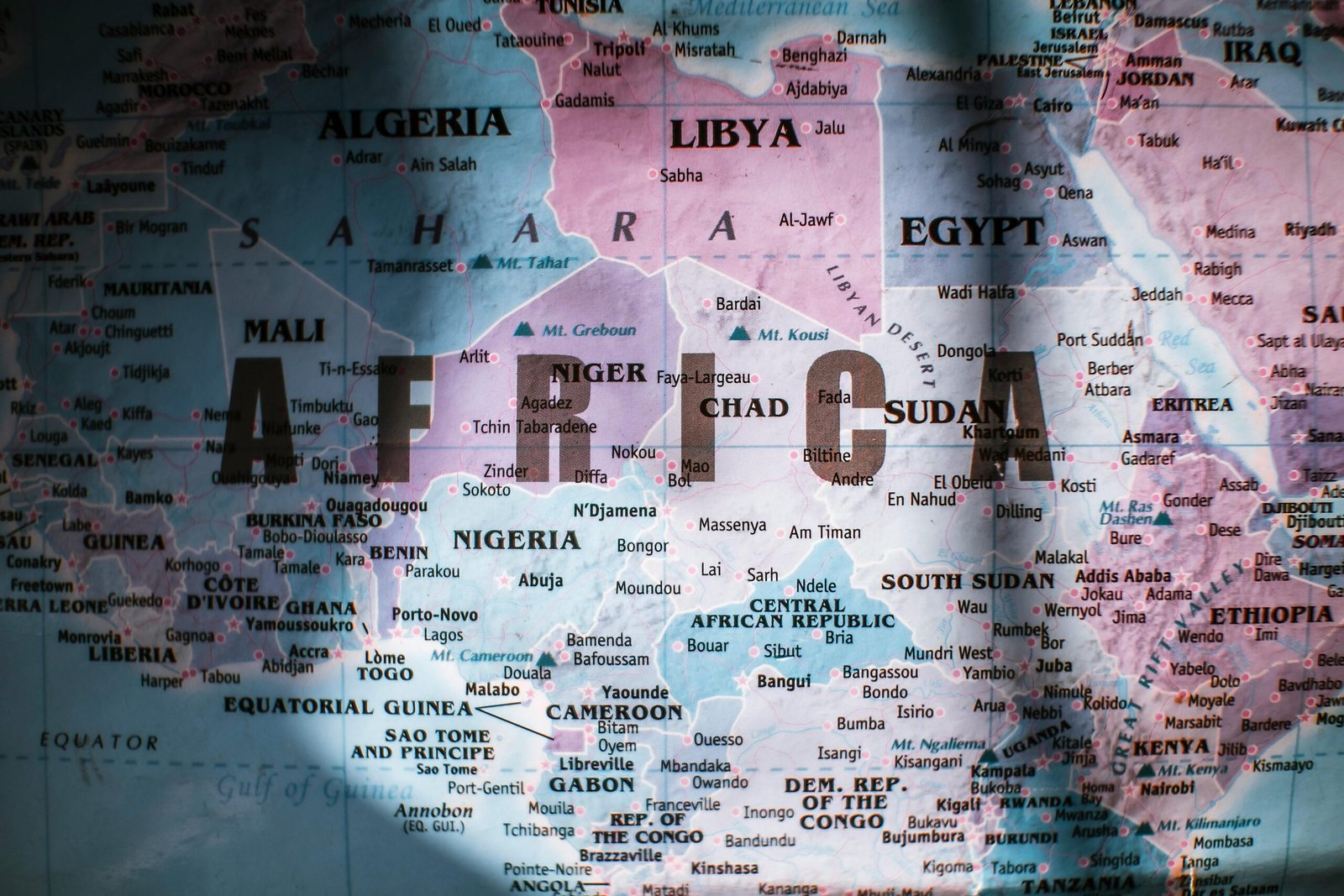

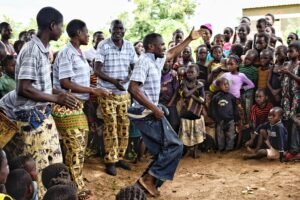

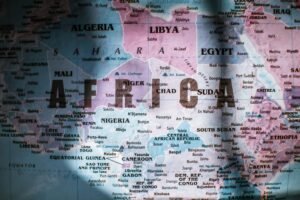

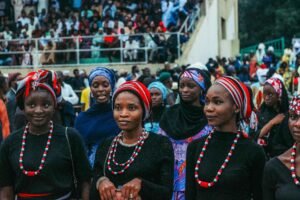




Publicar comentário